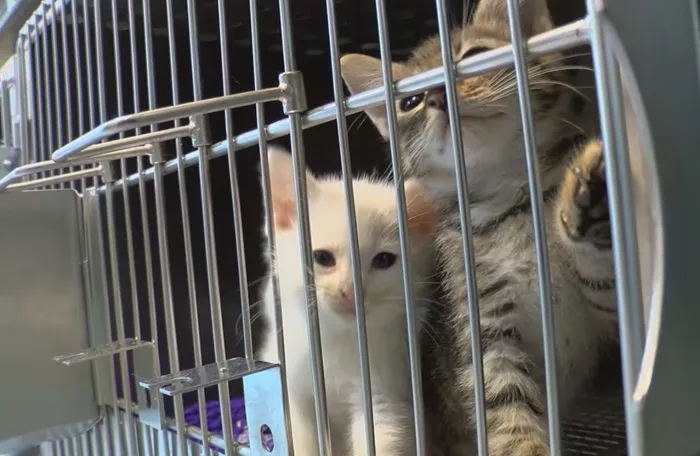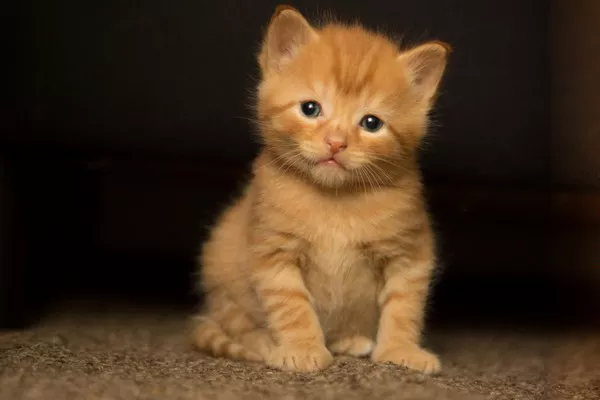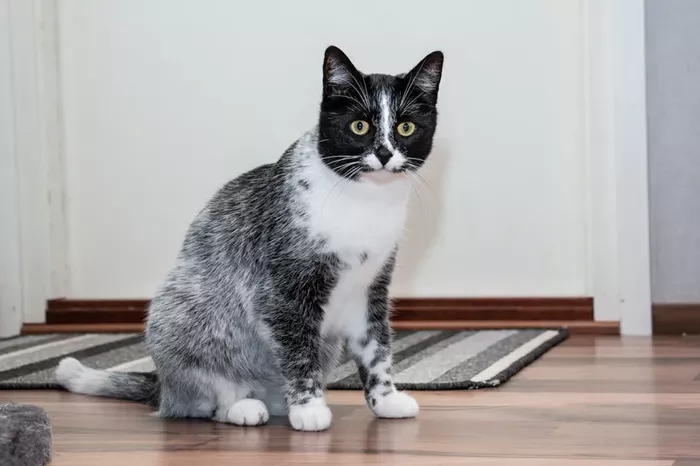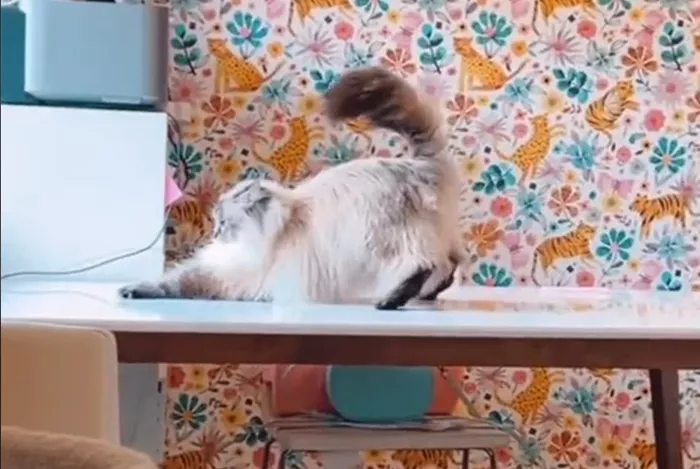SYLVESTER, Ga. (WALB) – It’s being described as a CAT-astrophic problem. All puns aside, animal control agencies across the state are losing the battle to control cat populations.
Nearly every community in Georgia is dealing with a booming cat population. And right now, it’s kitten season—a time when female cats are giving birth to several litters.
At the Best Friends Humane Society, cat dumping is causing a strain on the animal shelter.
Kittens — some that are even critically sick — have been put in boxes like this one and dumped outside the shelter.
“It’s just litter after, litter after litter,” said Leah Orr, Best Friends Humane Society Director.
The issue is not getting any better. According to the American Veterinary Medical Association, the cat population is expected to grow from 65 million to more than 82 million.
“It’s scary because we can’t be here 24/7 and we can’t save all of them,” said Jamie Chapman, Best Friends Humane Society Animal Control.
This year alone, Best Friends Humane Society has taken in 315 cats—a number on track to surpass the shelter’s numbers from last year.
“They reproduce super-fast. So, a mama cat can get pregnant the same day she gives birth to a litter. So you figure mama cat can have four or five litters a year and each litter can be 7 to 10 kittens,” Chapman added.
Orr said she is pleading with the community to stop dumping abandoned cats outside the shelter.
“We’re at capacity with cats. We actually have a waiting list of people willing to hold on to the cats until we have open kennels. So by people just dumping cats off at the gate, that causes those people to have to wait even longer,” she said. “We understand it’s kitten season. We prepared for this. It happens every year and we struggle with a lot of people just saying ‘Well it’s better to just drop them off at the gate instead of on a dirt road’. Yes, but we’re asking please just call us.”
She also said the community can lend a helping paw by just communicating when abandoned cats are found and also promoting spay and neuter services.
“Everywhere is struggling. We’re all trying to get together and really promote the spay and neuter,” she said.
The shelter is also feeling the impacts of low adoption rates and low food donations. To learn how you can help click here or call the shelter at 229-777-7774.

























